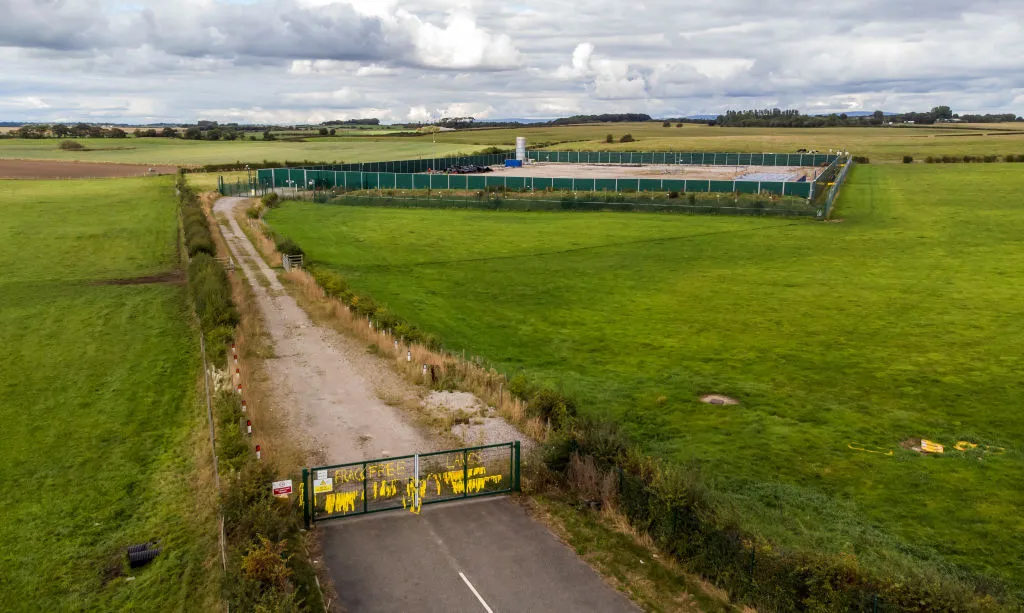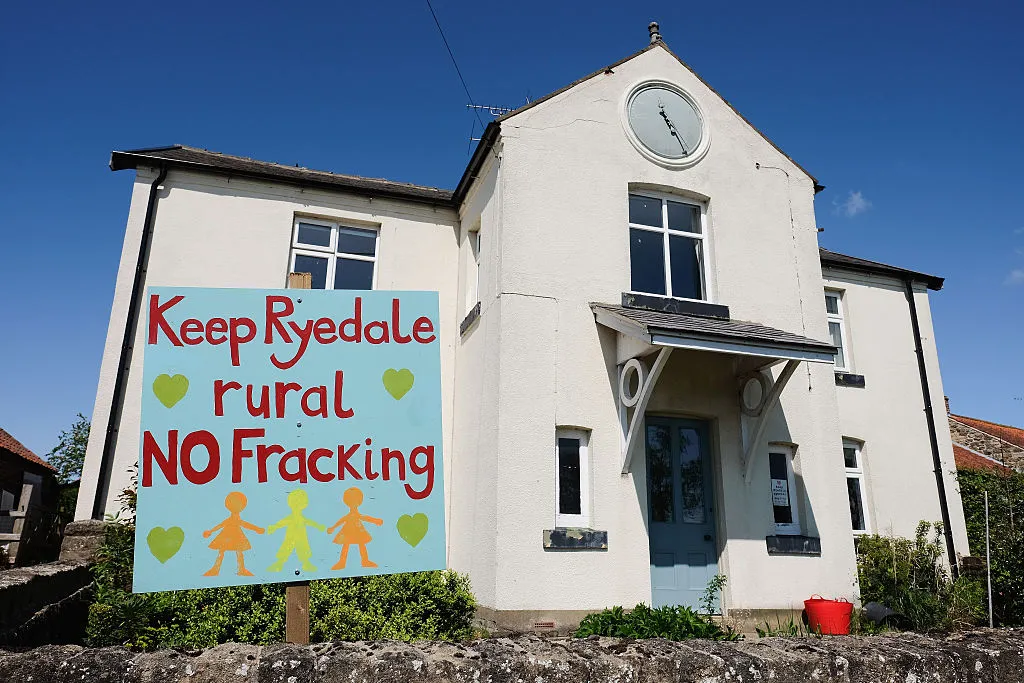The new Prime Minister Liz Truss has abandoned a Conservative manifesto to keep the moratorium on fracking. The Government said it is prioritising economic growth and development and has also signalled it intends to review nature-friendly farming subsidies that were heralded as a major benefit of leaving the EU and its common agricultural policy.
A moratorium on fracking in the UK was imposed in November 2019 after activity at a fracking site in Lancashire caused a magnitude 2.9 earthquake. But this has now been lifted and the Business Secretary Jacob Rees-Mogg described the move as "in the national interest". The government says that fracking will enable the UK to be more self-reliant on energy sources, that fracking is cleaner and less polluting than sourcing fossil fuels overseas and that it will reduce the cost of energy for consumers. He also indicated that drilling could be approved without local consent.
Critics contest this. Both the London School of Economics and Warwick Business School say gas will be sold to the highest bidder on the international market, with no impact on our energy bills.

Meanwhile, RSPB England has led a furious reaction to what it describes as "an unprecedented attack on nature" by the new Prime Minister and her cabinet. The charity’s alarm focuses on an announcement within the recent mini-budget that the government plans 38 areas to establish tax-cutting Investment Zones that will drive growth and unlock housing development. This would involve the liberalising of planning rules to release more land for housing and commercial development.
The related HM Treasury paper declares an intention for "accelerated development" and says the need for planning applications "will be minimised and where planning applications remain necessary, they will be radically streamlined."
The new bill could lead to the removal of EU environmental protections such as the Habitats Regulations, warn the RSPB, the National Trust and the Wildlife Trusts. "These proposals have the potential to tear up the most fundamental legal protection our remaining wildlife has. We are in uncharted territory," said an RSPB England spokesperson.
“The Government is threatening to tear up the laws that protect our best wildlife sites, offer up chunks of our countryside for unrestricted development and may scrap vital proposals that could help farmers to help nature. We cannot stand by and let this happen. Our nature and climate is in crisis. It needs more support not less.”
The National Trust says it "shares this deep concern" and described the new Investment Zones as “a free-for-all for nature and heritage,” pitting investment and growth against nature and climate action:
“Rather than ramp up action to support our environment, this Government appears to be heading in the opposite direction,” said Hilary McGrady, Director General of the National Trust. “Environmental protections are dismissed as ‘burdens’.”
Will the new ELMS subsidy be scrapped?
The Country Land and Business Association (CLA) which represents many farmers and landowners has also expressed disquiet. "We have heard persistent rumours that DEFRA is planning to row back on its commitment to Environmental Land Management (ELM) schemes," said a spokesperson. "You do not have to choose between food production and improving the environment. We can and must do both. Indeed, we know, as do DEFRA officials, that looking after your soil and supporting biodiversity – the cornerstones of the ELM schemes – actually benefits farmers as they go about their work feeding the nation."
The NFU had wanted a delay to the introduction of ELMS and said it welcomed government plans to review frameworks for farming regulation, innovation, and investment. In a tweet, DEFRA wrote: “It is not true to claim we are attacking nature nor going back on our commitments.”
More related content:
- Could fracking make a comeback in the UK?
- Fracking in the UK: the facts so far
- Renewable energy in the UK: where it stands in 2022
Credit: Getty

